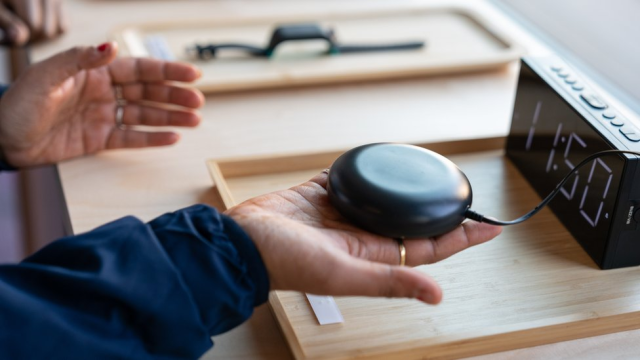The Royal National Institute for Deaf People, the Royal National Institute of Blind People, and the disability charity called Everyone Can have worked with Google to develop this center in London. This is Google’s first accessibility-focused center outside of the USA.
How would the technology help?
Paul Carter, a BBC technology reporter, says that Google’s tech has the “potential to be significant” for people with disability. He added, “Technology now touches so many aspects of everyone’s daily lives, but for disabled people it can literally be life-changing.” Carter also said, “There’s a saying in the disability community – ‘nothing about us without us’ – and it’s great to see one of the major tech players embracing that ethos and creating a space to design products and services in a way that they can work with, and not just for, disabled people.” There are several research teams at Google working on artificial intelligence. Many of the engineers are asked to look at “supercharging” accessible tech thereby making it more mainstream. For instance, subtitling technology that started to help deaf and hard-of-hearing viewers has positively impacted people in general. It has become quite useful for the masses as well. Rachael Bleakley, who is deaf, said that she could not understand lip-reading properly when she was young but subtitles changed things for her. The 35-year-old said, “Mainstream entertainment took on new meaning for me when I was a teenager and captions started to become standard for television broadcasts.” She added, “Captions communicate not only what is being spoken but also any useful background noises which help amplify the plot, such as [dramatic music] for building tension, or a [loud explosion] off camera which helps explain why the main character looks a little alarmed.” A member of Google’s inclusion team, Christopher Patnoe said, “When people have equitable access to information and opportunity, everyone wins – but we know people’s needs are constantly changing, throughout their lives or even their day. We know we have more to do.”
To understand difficult speech
Google is launching an app called Project Relate in beta in the UK. It would help people with conditions that make their speech difficult to understand or interpret. The app should be able to learn to recognize speech patterns of people who struggle to speak clearly like muscular dystrophy patients and help them communicate easily. It would transcribe speech to text in real-time, repeating the voice in a synthesized voice and saying into voice assistances. Yvonne Johnson, who has slurred speech, helped with the project. The 55-year-old said, “I feel better understood – not just by unfamiliar listeners but also my husband – it’s the difference between a meaningful conversation and someone just nodding.”





